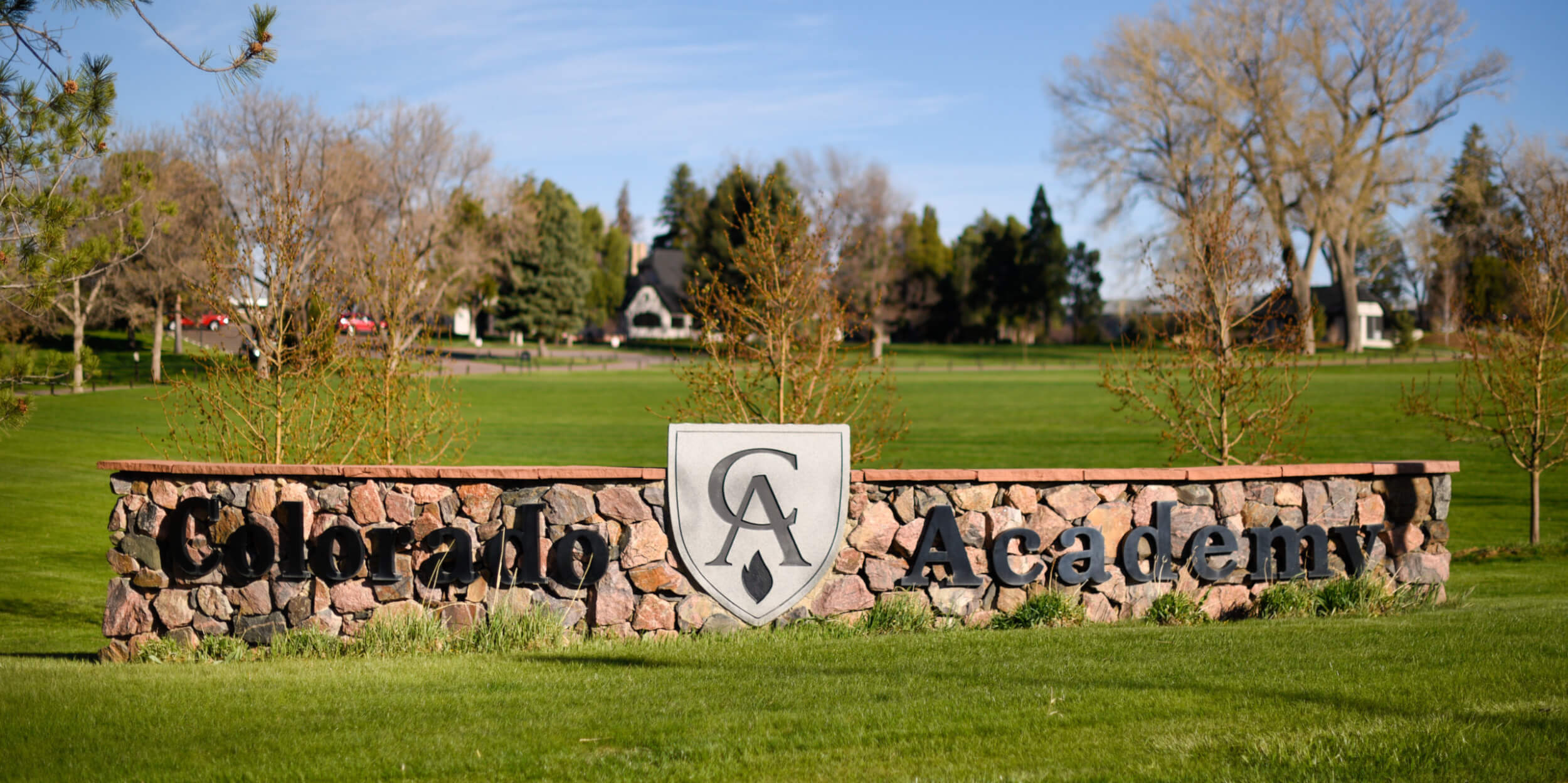One of my goals this year is to develop a statement on Academic Freedom. The University of Chicago created its Principles on Freedom of Expression that I find helpful. UChicago is known for welcoming speakers who challenge public opinion. In 1902, school leaders invited a communist politician to speak, despite howls of protest. Former UChicago President Hanna Holborn Gray observed that “education should not be intended to make people comfortable; it is meant to make them think. Universities should be expected to provide the conditions within which hard thought, and therefore strong disagreement, independent judgment, and the questioning of stubborn assumptions, can flourish in an environment of the greatest freedom.”
One reason I believe Colorado Academy should have a similar statement is to be clear to our faculty, students, and families that CA is a place of academic inquiry, and that we can discuss and learn about controversial topics with mutual respect. We live in an era in which extremes on the left and the right want to take the culture wars to schools. This puts our teachers and our librarians in very difficult positions. Naturally, a Pre-K–12 environment is different from a college or university. Nevertheless, our students want and need to talk about issues that are sometimes controversial, or even challenging. Without building a foundation for students on how to look at an argument and scrutinize that position, we will not be preparing them for the next stage in their academic journeys. We, of course, will be age appropriate, but we want to be a place with ideological diversity.
The echo chambers of cable news and social media allow citizens to express opinions and allow little room for questioning and dialog. We have seen politicians care more about their social media image than they do legislating or solving problems. I worry about this impact on young people. Some of our Upper School students are trying to get our community to engage in more thoughtful conversations. A new Upper School club called “Respectful Conversations” hopes to bring students with different political perspectives together to discuss issues. I have connected them to a group called Braver Angels, which helps organize non-competitive debates on college campuses to address current issues and help create more civil civic discourse. Our students are working to get Braver Angels to come to campus in December to work with about 40 Upper School students and have a deep conversation about a controversial issue. Additionally, our Speech & Debate Clubs in the Upper and Middle Schools, as well as debates in various social studies classes, challenge students to adopt a position, even one they don’t agree with, and defend it. The Braver Angels group has found that just listening to an explanation of an opposing viewpoint has an impact of moving a person to be more flexible in their thinking.
A big trend in this nation that I find alarming is the surge in efforts to ban books. Although a huge majority of Americans opposes book bans, school boards and public libraries are under siege. It’s odd to me that these efforts are taking place when easy access to the internet exposes millions of children to political extremism, racism, and pornography. Libraries really serve as the foundation of any great institution of learning. Our CA library program has a mission “to nurture lifelong readers and learners by offering a representative and inclusive collection of print and digital resources with age-appropriate lessons and activities that connect students with stories, ideas, and information to engage their intellectual curiosity and empower them on their academic and personal journeys.” The selection is driven by a host of issues, including age appropriateness, reputation/critical reviews, literary merit, academic needs, relevance of the subject matter, and our school mission. Our librarians do a great job vetting and finding books for our students to read.
All of CA’s efforts will be complemented by the statement on Academic Freedom that I have asked some faculty members to begin drafting. I will share a version with the CA community and solicit feedback before we finalize our statement.
